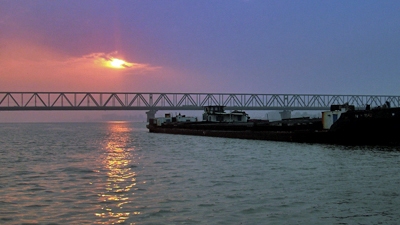Recent floods throughout Europe brought considerable attention to the Danube River Basin. Yet, other challenges were on the minds of water professionals who attended a recent international conference marking the launch of the Danube Water Program.
Many water utilities in the catchment area are faced with the legacy of overdesigned, under maintained infrastructure, unsupportive governance and institutions, and stringent environmental requirements driven by European directives – in a context where tariffs increases are seen as politically and socially difficult. In the wake of the EU accession and harmonization process, the countries in the Danube region are undergoing a process of rapid modernization, often driven by the need to transpose European directives into national legislation. Yet, despite significant infrastructure investments in the water supply and sanitation sector, technical, operational and managerial skills vary broadly among the water utilities and institutions on the Danube; tariffs and cost recovery levels remain much below international standards; and sector structure and regulatory capacities vary strikingly.
In response to these variations, the World Bank has launched a water supply and sanitation sector capacity building program for eleven countries in the Danube region: Albania, Bosnia and Herzegovina, Bulgaria, Croatia, Kosovo, FYR Macedonia, Moldova, Montenegro, Romania, Serbia, and Ukraine. With the overall aim of improving the efficiency and quality of water supply and wastewater service delivery in the region, the Danube Water Program provides policy and regulatory support to national level authorities and helps increase the capacity of water supply and wastewater utilities throughout the participating countries. The program is being jointly implemented by the World Bank and the International Association of Water Supply Companies in the Danube River Catchment Area (IAWD), and is currently financed through a EUR 4.5 million trust-fund from the Government of Austria.

